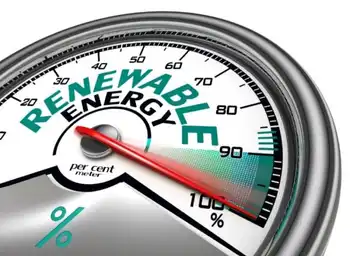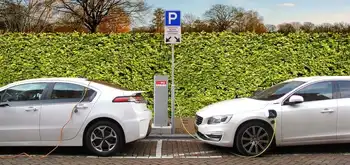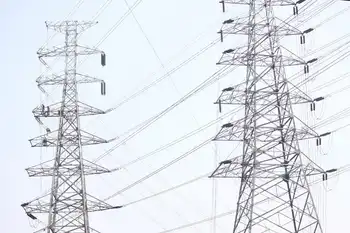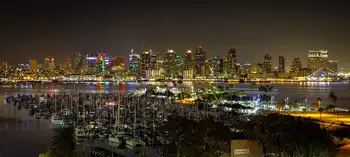Renewable growth drives common goals for electricity networks across the globe

NFPA 70e Training - Arc Flash
Our customized live online or in‑person group training can be delivered to your staff at your location.

- Live Online
- 6 hours Instructor-led
- Group Training Available
Energy Transition Grid Reforms address transmission capacity, interconnection, congestion management, and flexibility markets, enabling renewable integration and grid stability while optimizing network charges and access in Australia, Ireland, and Great Britain.
Key Points
Measures to expand transmission, boost flexibility, and manage congestion for reliable, low-carbon electricity systems.
✅ Transmission upgrades and interconnectors ease congestion
✅ Flexible markets, DER, and storage bolster grid stability
✅ Evolving network charges and access incentivize siting
Electricity networks globally are experiencing significant increases in the volume of renewable capacity as countries seek to decarbonise their power sectors, even as clean energy's 'dirty secret' highlights integration trade-offs, without impacting the security of supply. The scale of this change is creating new challenges for power networks and those responsible for keeping the lights on.
The latest insight paper from Cornwall Insight – Market design amidst global energy transition – looks into this issue. It examines the outlook for transmission networks, and how legacy design and policies are supporting decarbonisation, aligning with IRENA findings on renewables and shaping the system. The paper focuses on three key markets; Australia, Ireland and Great Britain (GB).
Australia's main priority is to enhance transmission capacity and network efficiency; as concerns over excess solar risking blackouts grow in distribution networks, without this, the transmission system will be a barrier to growth for decentralised flexibility and renewables. In contrast, GB and Ireland benefit from interconnection with other national markets. This provides them with additional levers that can be pulled to manage system security and supply. However, they are still trying to hone and optimise network flexibility in light of steepening decarbonisation objectives.
Unsurprisingly, renewable energy resources have been growing in all three markets, with Ireland regarded as a leader in grid integration, with this expected to continue for the foreseeable future. Many of these projects are often located in places where network infrastructure is not as well developed, creating pressure on system operation as a result.
In all three markets, unit charges are rising, driven by a reduced charging base as decentralised energy grows quickly. This combination of changes is leading to network congestion, a challenge mirrored by the US grid overhaul for renewables underway, as transmission network development struggles to keep up, and flexibility markets are being optimised and changed.
In summary, reforms are on-going in each jurisdiction to accommodate the rapid physical transformation of the generation mix. Each has its objectives and tensions which are reflective of wider global reform programmes being undertaken in most developed, liberalised and decarbonising energy markets.
Gareth Miller, CEO of Cornwall Insight, said: “Despite differences in market design and characteristics, all three markets are grappling with similar issues, that comes from committing to deep decarbonisation. This includes the most appropriate methods for charging for networks, managing access to them and dealing with issues such as network congestion and constraint.
“In all three countries, renewable projects are often placed in isolated locations, as seen in Scotland where more pylons are needed to keep the lights on, away from the traditional infrastructure that is closer to demand. However, as renewable growth is set to continue, the networks will need to transition from being demand-centric to more supply orientated.
“Both system operators and stakeholders will need to continually evaluate their market structures and designs to alleviate issues surrounding locational congestion and grid stability. Each market is at very different stages in the process in trying to improve any problems implementing solutions to allow for higher efficiencies in renewable energy integration.
“It is uncertain whether any of the proposed changes will fundamentally resolve the issues that come with increased renewables on the system. However, despite marked differences, they certainly could all learn from each other and elements of their network arrangements, as well as from US decarbonisation strategies research.”











